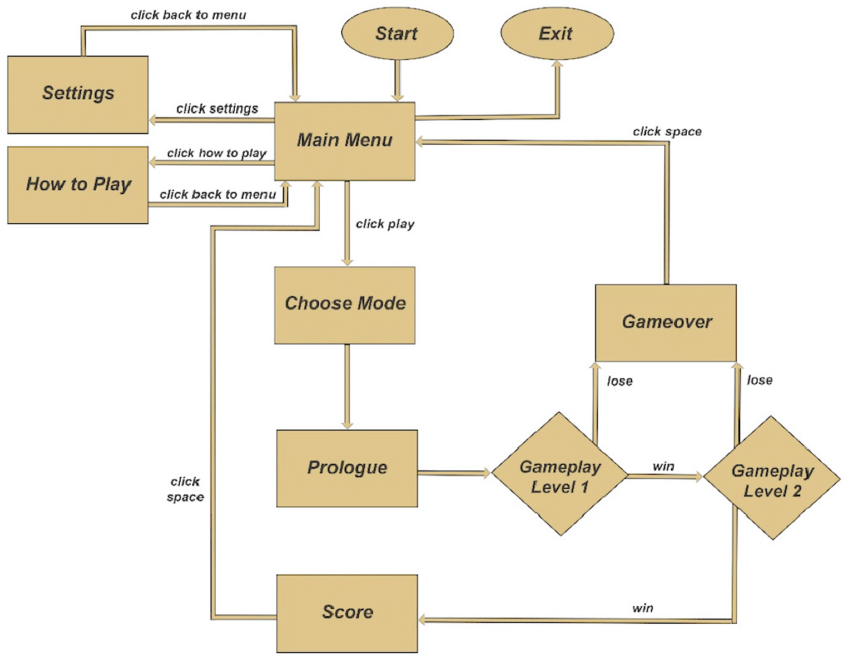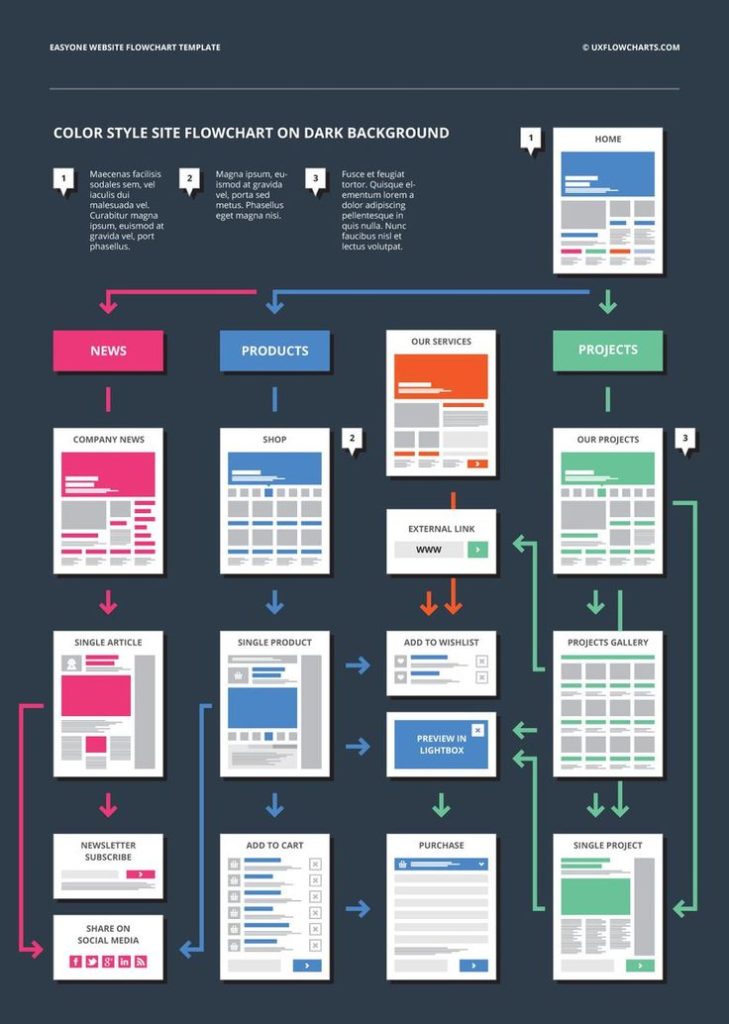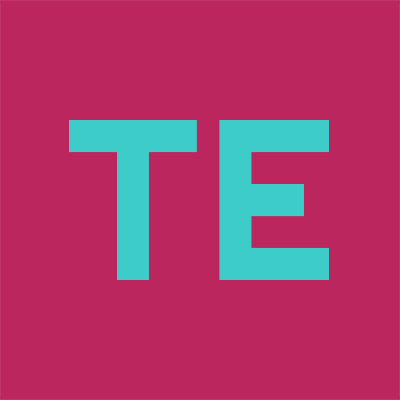Over the last couple of weeks, I’ve invested a lot of time listening to industry podcasts. Normally I do it while I’m cooking, before talking to my parents (as a proud Italian I talk to my parents everyday xD).
Listening to the experts, their judgments, and their concerns it seems that there is no point in doing mobile free-to-play if you do not:
– you find ways to have cheap installations
– create a pay-to-win game
– you save a lot on artistic production to ensure a high frequency of new content
Added to all this is the obsession of investors with numbers. If certain numbers don’t add up, it’s not worth investing.
One thing to be clear: I agree in general, even if my artistic side suffers. It’s true that a large part of my job is to ensure a design that allows for flexibility and scalability.
Quality and passion
In my experience, however, I have seen that there are some things that are constant in all games that we could define as quality:
– A game’s startup time is key to its success
– loading times in the game mark the difference in metrics
– game crashes are directly proportional to making people come back more times
– the number of steps needed to get to what you want makes all the difference. It’s not the same to tap PLAY and start playing as it is to tap PLAY and navigate a couple more screens.
Another thing that is not said enough is the importance of having a team that likes the game they are doing. We don’t make games for us, we are professionals and we make them for the players. But we feel clearly when we have a nice product ahead, even if it’s not for us.
It would be great to find a way to convert quality metrics and this sort of sensitivity into numbers on a spreadsheet. But I am afraid is very hard. Maybe it would convince more business people to take the right decisions.
Have a nice week everyone!




